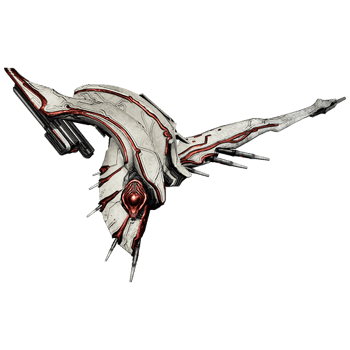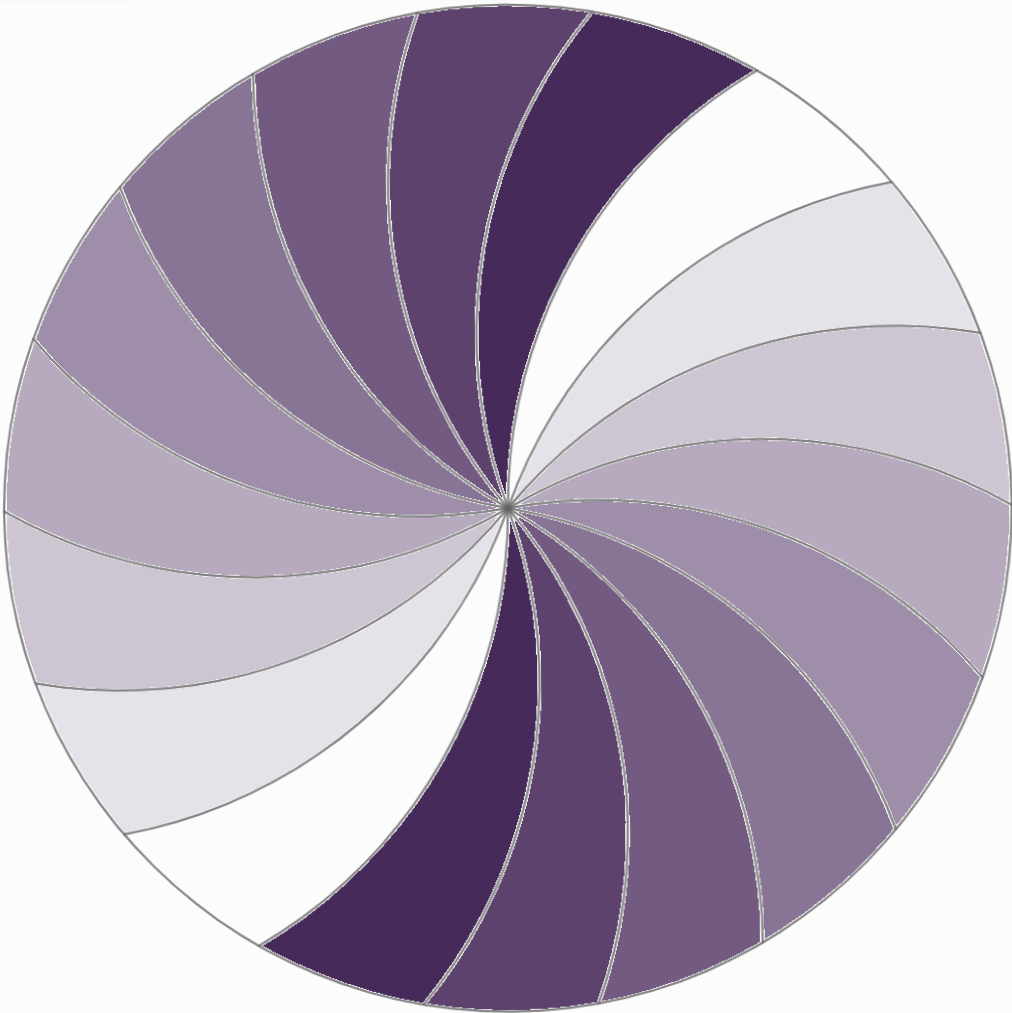Example: I hear that I’m ‘High-Functioning’ according to my parents but I’ve been diagnosed as ‘Autistic disorder’ by my doctor and I’ve previously thought that I had ‘Asperger syndrome’ to name a few terms.
Asperger’s is an older, outdated term to refer to a part of what we call today the Autistic Spectrum Disorder. Basically, it’s all the same disorder, but it has different ways it presents itself.
I’m AUDHD, with interoceptive issues, social cognition problems, proprioceptive issues, terrible organisational skills, I have a bad perception of time in the middle to long term. I’m also impulsive, easily distracted, I have mediocre to bad working memory, many many sensory particularities, etc. I think I also have dysgraphia, dyspraxia and dyscalculia.
That’s a big whole package right there, and it’s actually so much more but that’d take a long time to write everything down.
Never been tested. 42yo and afraid of what they will find
If you don’t mind me asking, why are you afraid?
I’m a few years older than you, and I’m trying to get diagnosed, but either the ASD or ADHD that I seem to have are interfering with my life. I want a diagnosis so that I can try to alleviate the symptoms, and hopefully make my life a bit better.
Apologies if it seems like a daft question, I’m not always good at getting my point across in text, but I’m genuinely curious :)
ASD - Autism spectrum disorder.
Very nice.
Mine (as of last week) is Autism Spectrum Disorder Level 1. Asperger’s syndrome is the old name for the same thing, mostly ditched because it doesn’t make sense to just decide that an arbitrary segment of the same continuum of symptoms needs a whole other name (especially when people on the border between Aspergers and Autism would get a different diagnosis depending on who you asked, because it was so poorly differentiated). Some people also object to the name because Hans Asperger worked with the nazis, but it’s mostly because it doesn’t make sense as a separate category.
Level 1 can be referred to as “High functioning” or “low support needs”. I’ve seen some people say we shouldn’t say “High functioning” any more, but I don’t see a real problem with it, and my assessor used the term so apparently it is still used by some professionals. “Low support needs” is also commonly used (and seems more common on up-to-date official material), and some people prefer it because instead of categorizing people according to the function they can serve in society, it thinks about people in terms of how much help they need, which is less dehumanizing and more compassionate. Just like Hans Asperger, there are nazi-related objections as well - apparently the term originates in differentiating “high functioning” people who could serve a role in society from “low functioning” people who would be sent to the gas chambers. Nobody who was personally affected by those implications 80 years ago is actually objecting to the terms today though, so I don’t really see why it should matter.
Basically, “High functioning autism”, “low support needs autism”, “level 1 autism spectrum disorder” and “asperger’s syndrome” are all the same thing. The official diagnosis in most health systems is Autism Spectrum Disorder, but you might find it useful to specify that you’re high functioning, and if you’re talking to someone who isn’t up to date on the terminology it may be easiest to tell them you have aspergers, because they might think that “autism” only applies to level 2 or 3 autism spectrum disorder (people who have much more visible symptoms and a lot more difficulty with day to day life, often including intellectual disabilities), which might confuse the person you’re talking to.
I just say I’m autistic and have autism spectrum disorder level 1, because I like using the official terms for things and am comfortable explaining if the person I’m talking to has misconceptions, but I think it’s fine to use whatever terminology makes things easiest for you. I also use the term “high functioning autism” if I need to explain what Level 1 means.
(While we’re really getting into the weeds about terminology, there are people who prefer to say “I’m an autistic person”, not “I’m a person with autism”, because it emphasizes that autism is a core part of who they are, not something separate that they have. There’s also people who prefer the opposite, because they want to emphasize that they are a person first of all, just like everyone else. Some people also prefer to call it a condition rather than a disorder, to show that there is nothing wrong with being autistic. I don’t think I’ve seen anyone who has these kind of preferences actually get mad about it though, as far as I can tell people are pretty accepting of whatever works for you)
I’ve been referred for diagnosis, but I haven’t had any official diagnosis as of yet. However, all signs point towards yes.
Symptoms and stuff
- Sensory issues, mainly related to touch, which go back to when I was about 4.
- Infodumping about niche and obsessive interests.
- Relating to other autistic people.
- Other autistic people assuming I am autistic from my behaviour.
- Brilliant memory for things that interest me; crap memory for everything else
- I am strangely lucid when drunk, although I have difficulty with coordination and memory.
- Face-blindness (in some cases).
- I suffer from depression.
- I am not the worst at picking up social cues and identifying sarcasm, but only if it is done in the sarcastic voice, in context, or with a tone indicator/explanation.
- I tend not to “get” unspoken rules.
- I often require explicit instructions to know what to do.
- I am LGBTQ+ (see my Pronouns.cc), which is positively correlated with autism. [Source]
- My Dad, Uncle, and Grandad are almost certainly autistic, and I see symptoms in my brother.
- My cousin is autistic.
- I was proficient in my speech and writing from a young age, and it took me about a year to “get” what school was about after I joined. I used to devour books, until the first round of exams took away my time and I started spending more time on the internet.
On top of that, the online tests I’ve been sent all come back more-or-less positive.
My diagnosis is Asperger syndrome despite me being diagnosed recently, because my country (Norway) still hasn’t transitioned to the ICD-11 diagnostic manual yet.
I was diagnosed originally at 3yo with Asperger’s. As mentioned by folkrav this diagnosis is outdated, ‘Asperger’s Syndrome’ isn’t a thing anymore. To the best of my knowledge it’s currently all Autism Spectrum Disorder with numbered levels associated with each diagnosis ranging from 1 to 3.
The old Asperger’s diagnosis is, AFAIK, translatable to Autism Spectrum Disorder Level 1.
- Autism Spectrum Disorder (Level 1)
- Major Depressive Disorder in Partial Remission
- Generalized Anxiety Disorder with Panic Attacks.
All diagnosed at age 46.
Informal diagnosis with the official questions for Autism (don’t want it written down) and my therapist also pretty quickly told me she’s pretty sure I have ADHD as well.
Both was at around 22.
Great to have someone tell me why the world is so strange, but obv the heavy lifting on my life I have to do myself.
F84.0 Autism Spectrum Disorder, without accompanying intellectual or language impairment
F90.0 Attention-Deficit/Hyperactivity Disorder, predominantly inattentive presentation, mild
I’m 40 and unable to get diagnosed because I don’t have anyone from my childhood that can provide the information required to prove my traits existed back then. Based on online assessments and self reflection, I’d say ASD level 1, no ADHD.
I got diagnosed at age 46 without needing any of that. The psychologists trusted that I was being honest in my self-assessments and self-reflections of my personal history and asked questions about them. The session lasted seven and a half hours and included a whole lot of testing and questions, and I got my diagnosis a month later.
If you are in the US and don’t mind traveling to the Dallas area, see about scheduling an appointment with Spectrus Psychological Services.
Thanks for sharing that resource. I’ve gotten some validation from neurodivergent therapists and am okay with my self diagnosis for now.
Right on. Just so you know, part of the process is intelligence testing, the results of which they go over with you. It was there that I learned about how IQ tests are biased against neurodivergent people and that I shouldn’t hold too much stock in the overall score (It was like 126, which surprised me because I scored in the 99th percentile on the Wonderlic and Mensa Admissions Tests).
The neat thing for me was my score on the Speeded Processing Index…essentially, it measures one’s cognitive processing speed. I’d always known I was a quick thinker, but that test put me in the top seven hundredths of the top one percent. Thinking fast has always been both a boon and a burden (fucked up too many relationships by not slowing my ass down and thinking before I speak/act), so it was good to have some validation there because it is something I now know I really need tk work on with a therapist who works with autists.
Interesting! I actually did a psychological assessment recently (naively thinking that autism would be included), so I completed the intelligence testing too. I think it was the WAIS2. I didn’t realize it would be included and I was in an extreme state of burnout but I still got a result of “superior” processing speed. It’s one metric that sometimes makes me question whether I could be autistic because so often the narrative is that autistics are slow processors, but your perspective and result indicates that I shouldn’t allow that to cloud my judgment.
The telltale sign of autism is unbalanced growth. A neurotypical child grows at relatively the same rate with regards to their intelligence, their social skills, their hygiene, and everything else. Autistic children will usually show much larger growth in certain areas and weak growth in others. The reason it’s more difficult to diagnose adults is that we’ve had enough time to balance things out by developing coping mechanisms for ourselves.
So while I’ve always been a very fast thinker, it took me muuuuch longer to develop emotional intelligence. Each of us has our own brand of autism, so forget any preconceived ideas about what you think most autistic people have in common. As is often said, if you think you’re probably autistic, then you really are probably autistic.
Asperger’s isn’t a name they use anymore. I have that, but they called it like “autism 1” or someshit like that.
Autism 1 makes me laugh. Don’t miss the other entries in the autism franchise.
Autism 2: The Revenge Autism 3: Autismator!
I’m just wondering when the inevitable prequels and reboots start showing up
I’ve had a prognosis ~10 years ago. I did not keep seeing the Dr. For life reasons so I never got a full diagnosis, nor do I feel I need one as I do not think it will ultimately change anything







